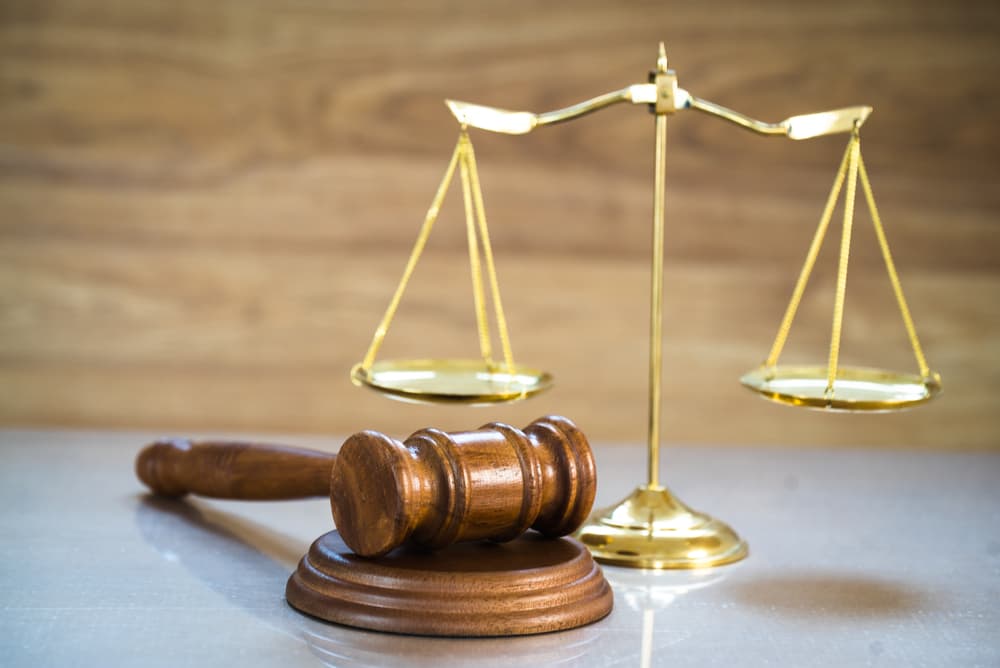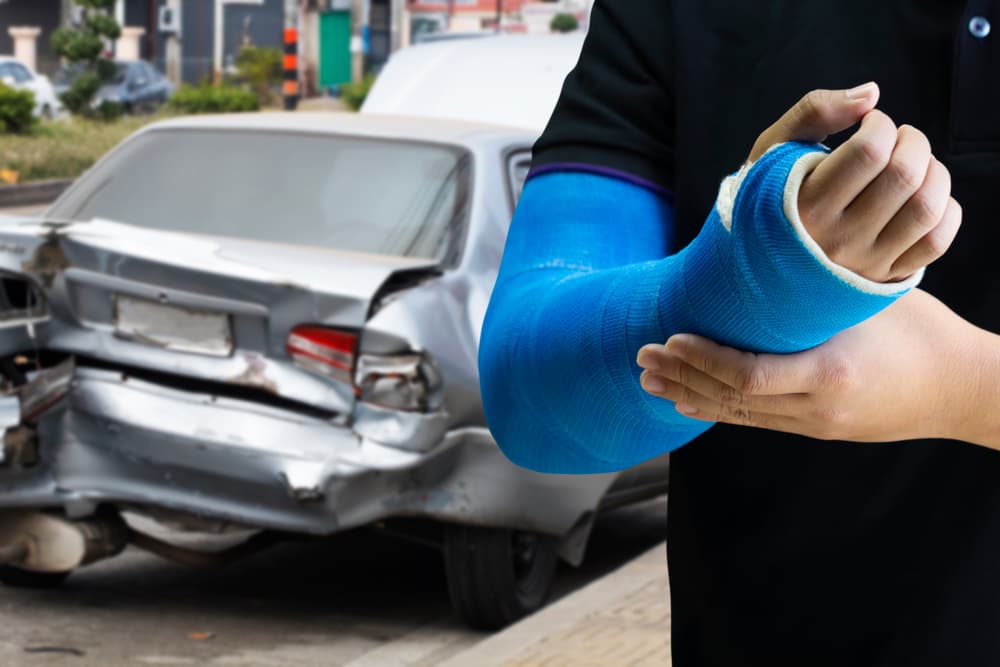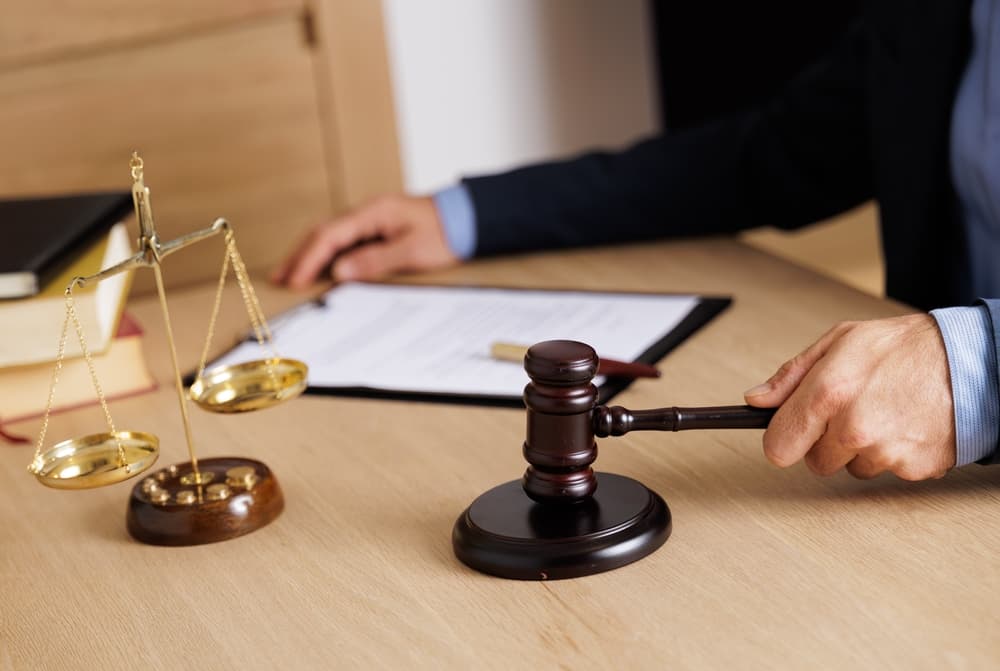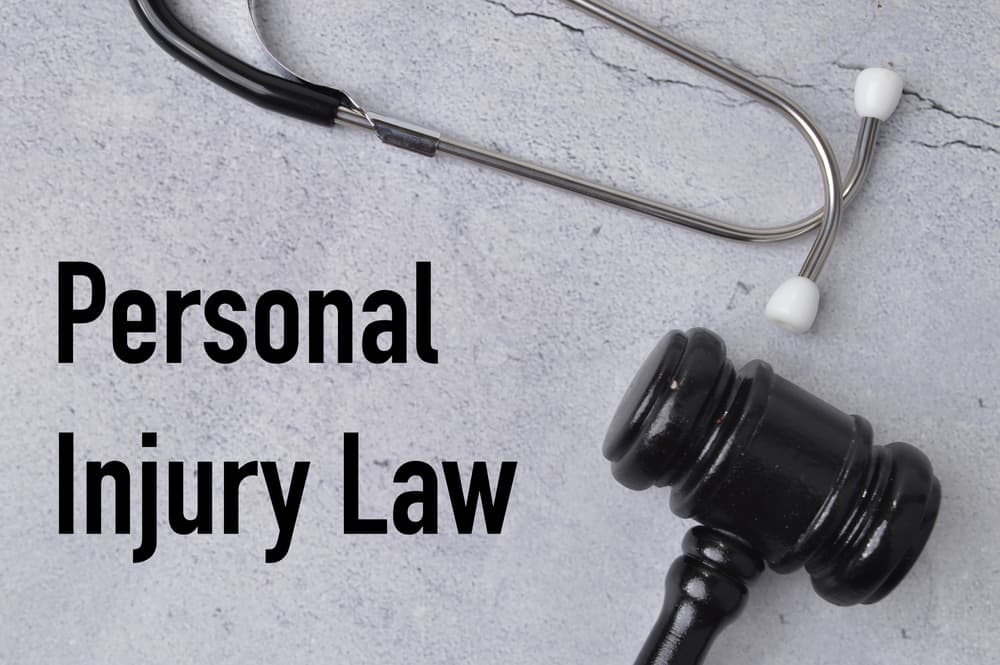Personal injury matters, including motor vehicle accidents and slip-and-fall cases, frequently result from others’ negligence. If you suffered injuries in a recent accident, you need an experienced personal injury lawyer on your side aggressively advocating for your interests.
When it comes to fees, most personal injury lawyers operate on a contingency fee basis, which means they do not receive payment unless and until they obtain compensation for you. This compensation may come by way of a settlement or litigation result.
The amount of a contingency fee will typically depend on various factors, including the complexity of the case, the size of the settlement award or judgment, the lawyer’s experience level, and whether the case proceeds to trial or arbitration.
A skilled personal injury lawyer can answer your questions about their contingency fee arrangement and will work hard to maximize the compensation you recover.
Types of Personal Injury Cases

Personal injury cases arise when someone gets hurt because of another person’s carelessness or negligence. Negligence happens when a person or entity does not take reasonable steps to prevent harm, and as a result, someone else becomes injured. There are several common types of personal injury cases, with motor vehicle collisions and slip-and-fall accidents being among the most frequent.
One major category of personal injury cases is motor vehicle collisions, including car accidents, truck accidents, motorcycle accidents, and pedestrian accidents.
- Car accidents often happen when a driver is distracted, speeding, or not following traffic rules.
- Truck accidents, involving larger commercial vehicles, can be more severe because of the size and weight of the trucks. These crashes are often due to truck driver fatigue, improper truck maintenance, or reckless driving.
- Motorcycle accidents can be particularly dangerous since motorcyclists do not have the same protection as drivers in cars.
- Pedestrian accidents, often due to distracted or careless driving, happen when a vehicle hits someone walking or crossing the street.
Another common type of personal injury case involves slip-and-fall accidents. These accidents occur when someone slips, trips, or falls because of dangerous conditions on someone else’s property. For example, if a store owner does not clean up a spilled drink and a customer slips and becomes hurt, the store owner may be responsible. Slip-and-fall accidents can happen in public places like shopping malls, supermarkets, or even on private property. Some common causes include wet floors, uneven surfaces, or poor lighting. These accidents can lead to injuries such as sprains, fractures, and back injuries.
In both motor vehicle collisions and slip-and-fall cases, the injured person can file a personal injury claim to recover compensation for their losses. These cases are essential for helping injured people obtain the financial support they need to recover and move forward with their lives.
Injuries That Frequently Result from Others’ Negligence

Motor vehicle collisions and slip-and-fall accidents can cause a variety of physical and mental injuries.
Physical injuries are often the most immediate and visible. In motor vehicle crashes, common physical injuries include broken bones, cuts, and bruises. More severe accidents can lead to spinal cord injuries, whiplash, or traumatic brain injuries (TBIs). TBIs happen when the brain is violently shaken, leading to lasting cognitive or physical problems. Neck, back, and shoulder injuries are also typical in car crashes due to the force of impact.
Slip-and-fall accidents often result in similar injuries, especially to the wrists, arms, or hips, as victims instinctively try to break their fall. These accidents can also cause concussions, sprains, and fractures – particularly in older adults who may be more vulnerable.
Mental injuries, while less obvious, are just as significant. After a motor vehicle accident, victims may experience anxiety, depression, or post-traumatic stress disorder (PTSD). These mental health challenges can make it difficult for individuals to drive again or carry out daily activities without fear. Similarly, after a slip-and-fall, some people develop anxiety about walking on certain surfaces or going back to the place where the accident occurred.
Both physical and mental injuries require prompt – and often ongoing – medical attention. While physical injuries often heal with time and treatment, mental injuries may need counseling or therapy to address the emotional trauma.
If you suffered one or more of these injuries in a recent motor vehicle crash or slip-and-fall accident, an experienced personal injury lawyer can handle the legal aspects of your case while you focus on receiving the medical care you need.
How Does a Personal Injury Lawyer Get Paid?
A contingency fee is a payment arrangement commonly used in personal injury cases. This type of fee structure allows individuals who have suffered an injury to hire a lawyer without paying upfront or out-of-pocket legal fees. Instead, the lawyer’s payment is contingent – or dependent – on the outcome of the case. If the lawyer successfully wins the case, whether through a settlement or a court judgment, they will receive a portion of the compensation awarded. If the case is not successful, the injured accident victim typically does not owe any legal fees.
The following is how a contingency fee works in practice:
- No Upfront Costs – In a contingency fee agreement, the injured person (the client) does not pay anything to the lawyer at the start of the case, which makes legal representation more accessible, especially for individuals who may not have the financial resources to pay for a lawyer hourly or in advance. The lawyer agrees to take on the case and receives payment only if the case results in a successful settlement or court award.
- Payment from the Settlement or Award – If the case is successful, the lawyer will take their payment directly from the money the client receives, whether it is from an insurance settlement or a judgment the court awards. The client and the lawyer will have agreed on a percentage of the final settlement or award that the lawyer will receive as their fee. This percentage will be spelled out in the initial contingency fee agreement.
- Risk to the Lawyer – The contingency fee arrangement places most of the financial risk on the lawyer. Since the lawyer is paid only if they win the case, they are motivated to work hard to secure the best possible outcome for their client. However, if the case is unsuccessful, the lawyer receives nothing for their time and effort.
- Other Costs – While the contingency arrangement covers the lawyer’s fee, clients may still be responsible for other costs related to the case, such as court filing fees, expert witness fees, and the cost of gathering evidence. These costs may be deducted from the final settlement or award before the lawyer’s fee is calculated, depending on the specific terms of the agreement.
Contingency fees make it easier for individuals to seek justice in personal injury cases without worrying about upfront legal costs. This arrangement also aligns the lawyer’s interests with those of the client, as both parties benefit from a successful outcome.
An experienced personal injury lawyer can answer any question you may have about their contingency fee agreement.
How Can a Personal Injury Lawyer Help?

A personal injury lawyer can provide invaluable assistance if you have been involved in a motor vehicle accident or slip-and-fall. Their role is to protect your rights and ensure that you receive fair compensation for your injuries. Here are several ways a lawyer can navigate the legal process for you:
- Investigating the Accident Circumstances – One of the first steps a personal injury lawyer takes is conducting a thorough investigation of the accident. This includes gathering police reports, witness statements, and any available video footage, as well as visiting the accident scene. The goal is to understand exactly how the accident occurred and who is responsible.
- Retaining Experts – In many cases, lawyers will bring in experts to strengthen your claim. For example, accident reconstruction specialists can recreate the events leading to a crash, while safety experts may testify about hazardous conditions in a slip-and-fall case. These professionals can provide detailed analyses that clarify how the accident happened and establish fault.
- Gathering Evidence – Your lawyer will work to collect all relevant evidence to support your case, including obtaining photographs, reviewing surveillance footage, interviewing witnesses, and securing other critical documents. By gathering and organizing this evidence, your lawyer can build a strong case to present to the insurance company or in court.
- Filing a Claim – A personal injury lawyer will handle all the paperwork necessary to file a legal claim on your behalf, which includes submitting forms to the appropriate court or insurance company, meeting deadlines, and ensuring that all documents are accurate and complete. By managing these details, your lawyer ensures that your claim proceeds smoothly.
- Negotiating with the Insurance Company – A key part of a personal injury lawyer’s job is negotiating with insurance companies on your behalf. Insurance companies often try to minimize their payouts, but a lawyer will advocate for your rights and seek the maximum compensation possible. Having a lawyer handle negotiations can prevent you from accepting a low offer that does not fully account for your suffering.
- Litigating Your Case in Court – If negotiations fail, a personal injury lawyer is prepared to take your case to trial. They will present evidence, call witnesses, and make legal arguments before a jury on your behalf. Throughout this process, the lawyer works to prove that you deserve compensation for your injuries due to the other party’s negligence.
What Damages Are Recoverable in a Personal Injury Case?

In a motor vehicle collision or slip-and-fall case, victims may be entitled to compensation, depending on the extent of their injuries and the effects on their lives. This compensation is intended to help them recover from the accident and account for both the tangible and intangible losses they have suffered.
- Lost Income – If you are unable to work due to injuries from the accident, you may be compensated for the earnings you lost while recovering. This includes the income you would have earned had the accident not prevented you from going to work.
- Loss of Earning Capacity – In more serious cases, your injuries may prevent you from working at the same level or in the same job as before. Loss of earning capacity compensates you for the long-term repercussions on your ability to earn income in the future. This compensation reflects the decrease in your future earning potential due to permanent or ongoing limitations your injuries caused.
- Emotional Distress – Accidents can have a profound effect on your mental and emotional well-being. Emotional distress compensation covers the psychological effects of the accident, such as anxiety, depression, or PTSD. This compensation recognizes that the effects of an accident go beyond physical injuries.
- Pain and Suffering – Pain and suffering compensation is awarded for the physical discomfort and emotional anguish you experience due to your injuries. This compensation varies depending on the severity and duration of your pain and how it affects your overall quality of life.
- Loss of Use of a Body Part – In cases where the accident results in a permanent disability, such as the loss of use of a body part, victims may receive compensation for their loss of function. This compensation accounts for the physical limitations and lifestyle changes the injury caused.
- Loss of Consortium – If your injuries affect your relationship with your spouse, you may be compensated for loss of consortium, which acknowledges the strain on personal relationships, including the loss of companionship, affection, and emotional support.
- Inconvenience – Accidents often cause significant inconvenience in your daily life. You may receive compensation for your recovery process, including the time, effort, and disruption to your routine caused by the accident.
These compensation address both the immediate and long-term repercussions of an accident, helping victims regain a sense of normalcy after their injuries.
Speak with a Knowledgeable Personal Injury Lawyer Today
If you suffered injuries in a motor vehicle crash or slip-and-fall accident, a personal injury lawyer can meet with you to discuss your case. Your lawyer will also thoroughly explain their fee arrangement and answer all of your questions. They will then do everything possible to maximize the compensation you recover for your losses.
